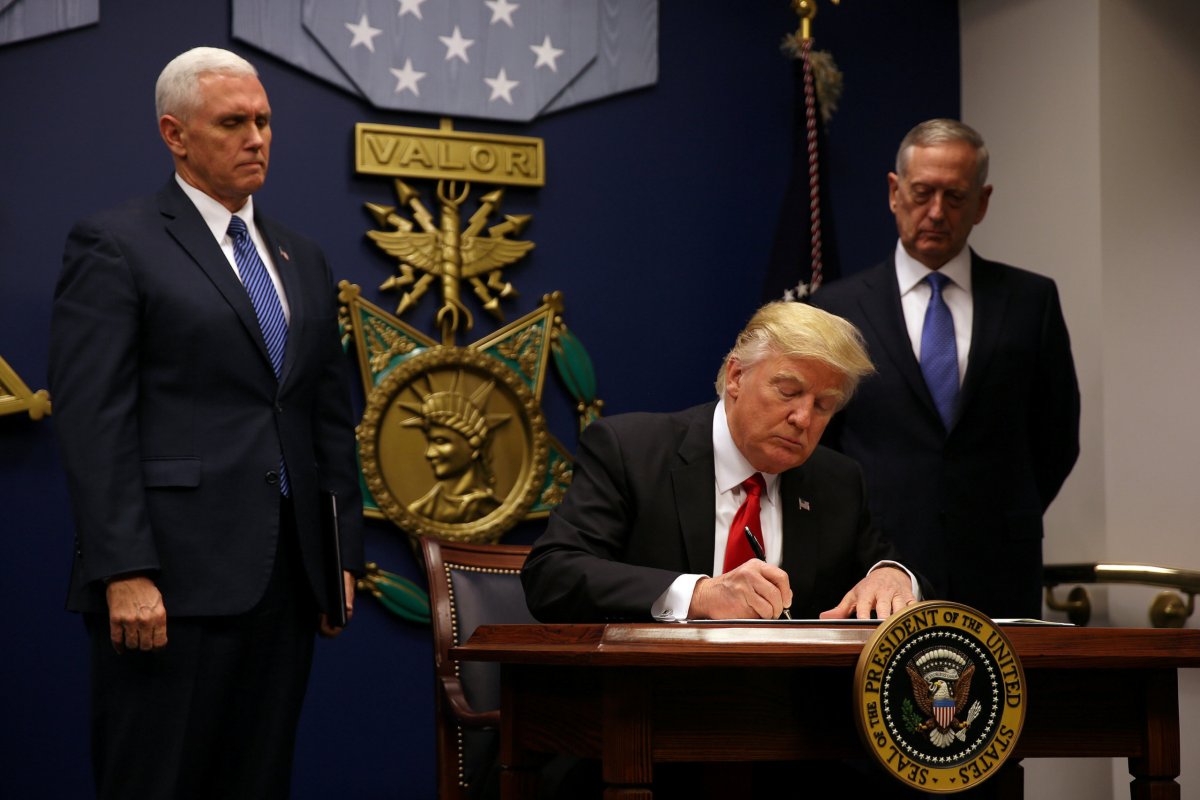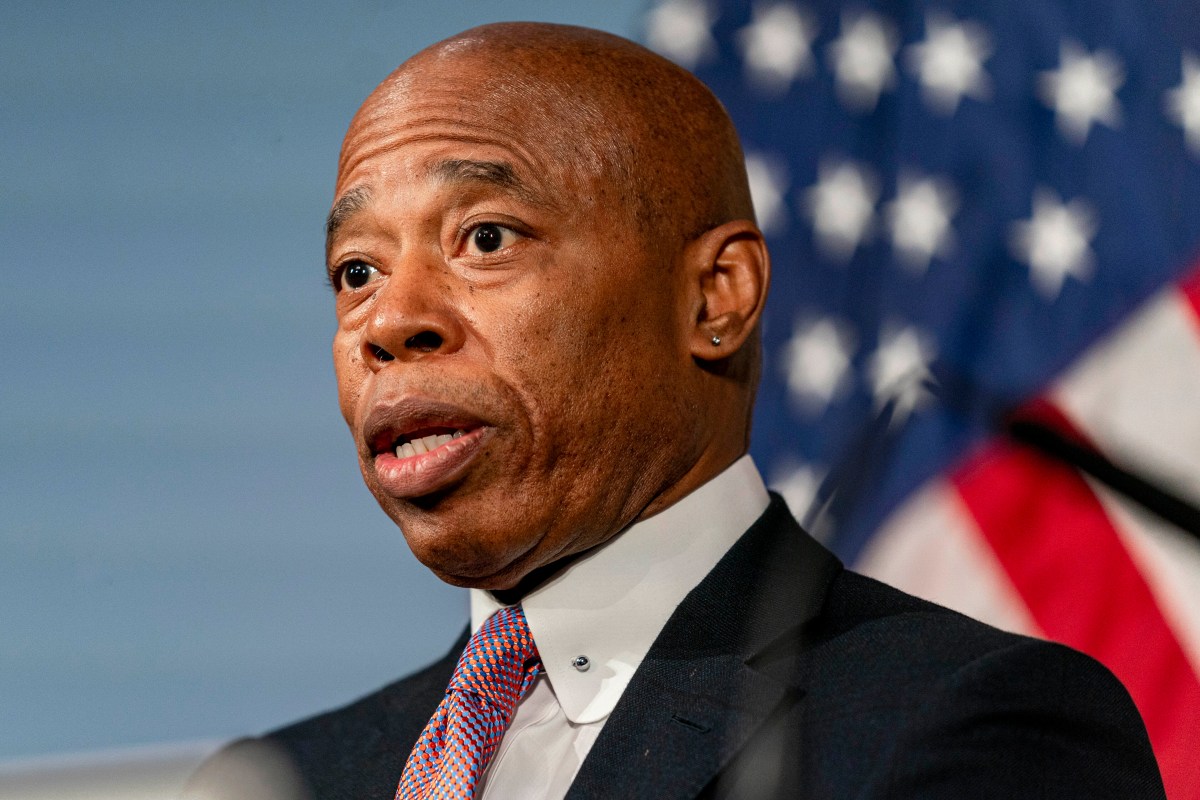The Pentagon released its new nuclear weapons strategy on Friday afternoon, announcing that two new types of weapons will be made and effectively reversing the Obama administration’s policy to reduce America’s nuclear arsenal and de-emphasize nuclear warfare as a defense strategy.
The policy update was intended to “look reality in the eye” and “see the world as it is, not as we wish it to be,” said Defense Secretary James Mattis. It calls for the introduction of “low-yield nukes” on submarine-launched ballistic missiles, and the resumption of the nuclear-submarine-launched cruise missile (SLC-M) whose production stopped during the George W. Bush era and which Obama removed from the nuclear arsenal.
President Obama had made nuclear disarmament a goal of his administration and said the U.S. had a “moral obligation” to lead the world by example. The Trump administration disagrees in the wake of threats from Russia and North Korea.
The new low-yield nukes are intended to answer an overseas attack by Russia, the “Washington Post” reported. Russia has a large arsenal of small nuclear weapons, which the U.S. does not. The Pentagon worries that Putin’s army could take control of a U.S. ally and detonate a small nuclear weapon to prevent U.S. troops from responding. Low-yield nukes would provide a proportionate method of response, forestalling a larger nuclear conflict or one with weaker weapons.
The SLC-M would reassure Japan and South Korea against the nuclear threat from South Korea,” the “Post” said.
Anti-nuclear advocates were alarmed to see that cyber attacks were included in a list of non-nuclear strategic threats and accused the Pentagon of lowering the bar for nuclear warfare. The new policy “calls for more usable nuclear weapons with low yields, and for their first use in response to cyber and conventional strikes on civilian infrastructure such as financial, transportation, energy and communications networks,” said Bruce Blair, co-founder of the anti-nuclear-weapons group Global Zero. “It makes nuclear war more likely, not less.”
The Pentagon denies this, saying the new policy reiterates that the U.S. would only use nuclear weapons in “extreme circumstances.”
On the campaign trail and as president, Donald Trump has vowed to build up the U.S. nuclear arsenal and has occasionally spoken flippantly about nuclear warfare. NBC News reported that in a July meeting at the Pentagon, he asked for the nuclear stockpile to be increased tenfold; it was after this meeting that Secretary of State Rex Tillerson allegedly called the president a “moron.” Earlier, MSBNC’s Joe Scarborough reported that Trump asked an adviser, “What’s the point of having nuclear weapons if you can’t use them?”
















